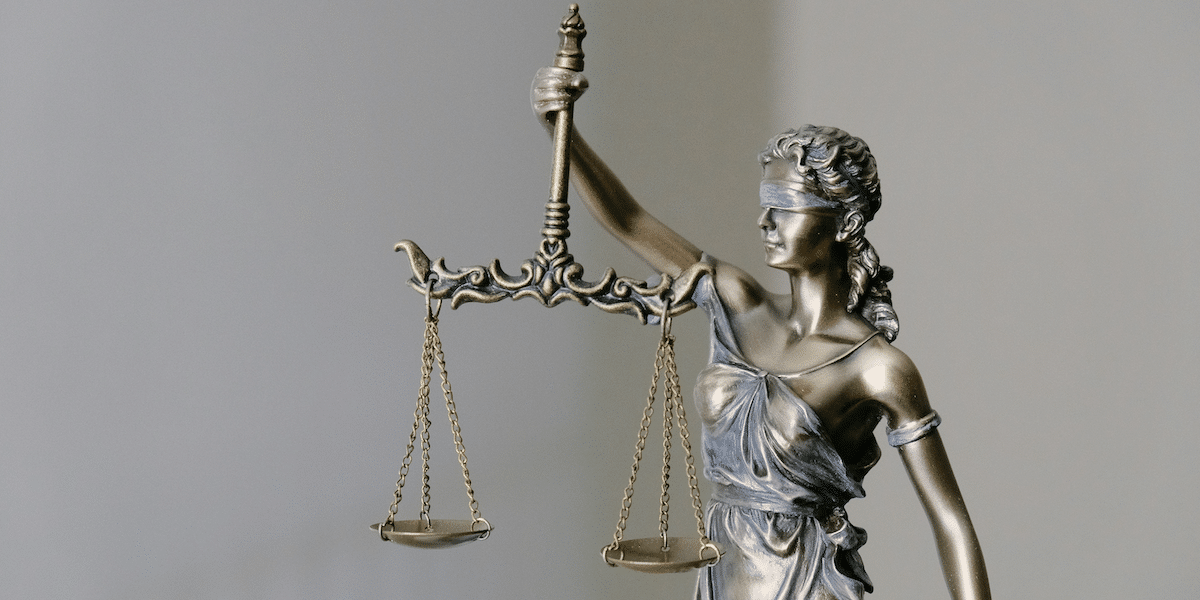Image commercially licensed from Unsplash
Mosi Dorbayani — “The new shift in the world is raising interest in informal negotiations, with less emphasis on multilateral treaties.”
The following is the NY Weekly’s exclusive interview with Dr. Mosi Dorbayani, a well-regarded Canadian executive advisor, economist, and Jurist, who is also an award-winning author and songwriter. His new book, titled: ‘Law and Cultural Diplomacy: The Cohabitation of International Law and International Cultural Interactions’ got our editorial’s attention—raising interest in having a brief discussion on a number of current world issues.
NYW: Dr. Dorbayani, welcome to this special edition.
MD: My pleasure.
NYW: Why is our world facing so many conflicts?
MD: Since a multipolar world is emerging, understanding the objectives and negotiating new deals, which may facilitate the transition from a unipolar world to a multipolar one, is increasingly important. Often discussions about multipolarity are biased. How we want the world to evolve may not accord with how the world actually works, and that creates ‘conflict.’
It is often presumed, in a multipolar world, equal powers establish cooperation in such a design that serves their interests in a harmonious and peaceful manner, rather than the overwhelming power of a single political force – the Pax Americana model of the 20th century. Of course, naturally, when Russian and Chinese political figures at Davos (Annual World Economic Forum) speak about a multipolar world, they are speaking about the world they want to see, not the world that exists right now today.
The world they want is the one in which they have a greater share of power than they have right now. And that is not limited to Russia or China. Brazil and India are emerging as regional leaders; their geopolitical importance is overshadowing the current world order.
NYW: What is fascinating about your new book is that you also put the political economy into the context of international law and global organizations such as the UN. Please explain the correlation between the global economy and the new world order.
MD: Clearly, the changes in the global economic order will energize a new multipolar world market, which will bring a new world order through market diversity. The redistribution of power, the expansion of new economic players, Brexit, the rise of nationalism across several states, and the formation of new alliances like China-Russia, and the South America Community of Nations – all are creating new waves demanding change for greater representation in the UN Security Council, World Bank, World Trade Organization, and International Monetary Fund, etc.
NYW: In such a politically intense world, how can international communities reduce tensions?
The geopolitical, mass immigration, trade war, and economic issues (among others) are perhaps manifestations of the competition between the United States and its rising challengers around the world over power – hence, the reason for me to emphasize the role of ‘Cultural Diplomacy’ as skillsets and strategies to reduce tensions and manage conflicts. To enable ‘culture’ to use its “soft power” in a multipolar world, we need to strengthen international cultural relations; we need to support culture as an engine for sustainable social and economic development. We need to promote cultural and intercultural dialogue for peaceful inter-community relations.
NYW: In your latest book, ‘Law and Cultural Diplomacy’ – a research conducted at NOVA School of Law in Lisbon, Portugal, you highlighted the role of culture in forging compliance and noted how culture could influence the rule of law – an aspect that perhaps hasn’t been discussed much before. Please elaborate on that.
MD: As it is commonly known, legal rules are enforced and governed by law; cultural rules, however, are enforced by societal pressures. Legal rules are enforceable by social and governmental institutions, while cultural rules are backed by internal beliefs. While those differences are vivid to any modern society, there is a critical factor here to remember, which is the role of culture in encouraging people to obey legal rules. While the motive and degree of following legal rules are and can indeed be varied, culture can facilitate and encourage compliance with legal rules or even oppose them.
It is simply true that the original source of both legal rules and cultural rules is ‘the need for coexistence; however, cultural formations such as home education, family orientation, social or communal dependency, religious ideologies, thought behaviors and shaped attitudes – could all affect the rule of law. In the context of the law and legal rules, obedience is to submit to the formal authority, but in the context of culture and cultural rules, it is to obey the informal authority of the society, and as history shows us, the informal authority of society has often been powerful enough to assure obedience is in its favor.
NYW: Speaking of law and diplomacy, as a Jurist, tell us how international communities should deal with the new world.
The new multipolar world and its global order require a new mechanism to address disputes. While the formal process of law to tackle disputes may stay effective, the new shift in the world is raising interest in ‘informal negotiations’, ‘political compromises,’ and more ‘diplomacy’ with less emphasis on multilateral treaties. And here is when diplomatic skills and applying Cultural Diplomacy, as mentioned earlier, come into effect.
NYW: Thank you for attending this interview and for sharing your insights with our readers.
MD: Thank you for having me.
Related links:
Mosi Dorbayani’s Full Profile Page
Law and Cultural Diplomacy (Hard Cover)
Image Credit/Source: WAALM Publications ©2023
















